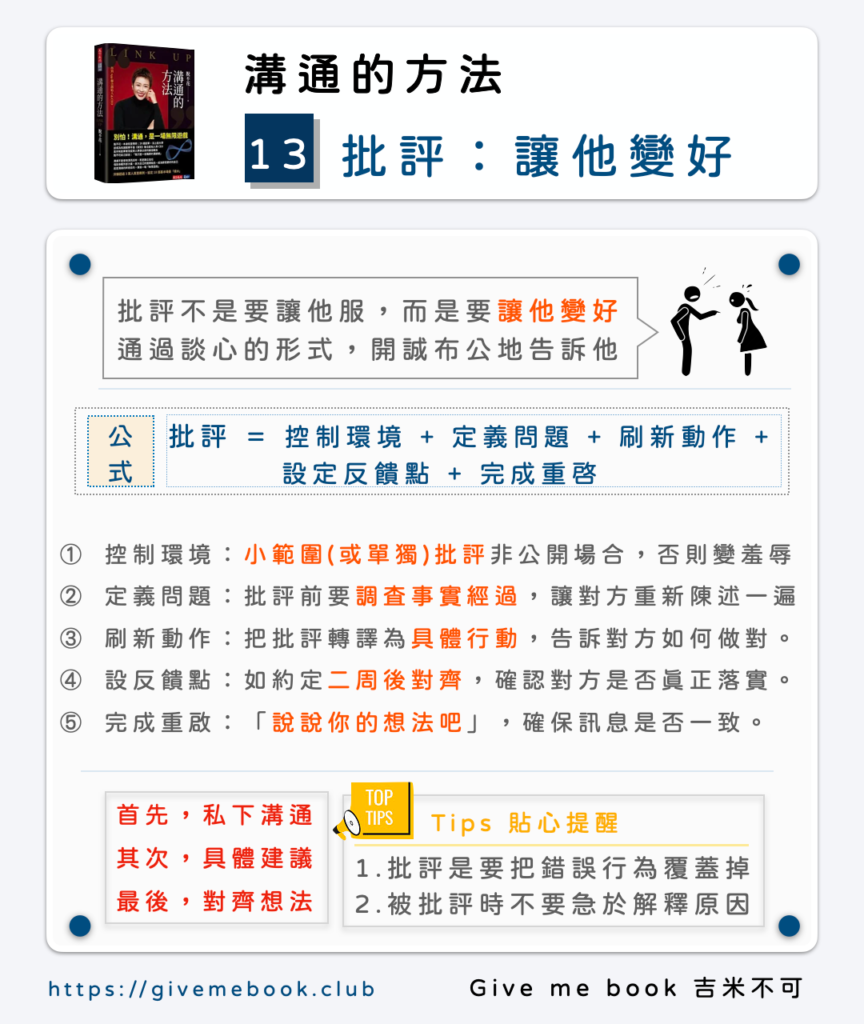批評通識教育的人錯了◎Annette Gordon-Reed/TIME Magazine(2013.06.19)Daniel翻譯
批評通識教育的人錯了◎Annette Gordon-Reed/TIME Magazine(2013.06.19)Daniel翻譯http://ideas.time.com/2013/06/19/our-economy-can-still-support-liberal-arts-majors/
政府在高等教育上,到底該提倡科技還是人文,並不是二中選一的命題,雖然目前美國年輕一輩的教育重點STEM(Science科學、Technology科技、Engineering工程、Math數學) 使得大家都以為是二選一。
我參與了專門探討此事的美國文理科學院所組成的委員會,而今天釋出的會議報告,雖承認技術訓練的關鍵性,但也明確主張:無論在美國教育體制中的哪個階段,人文與社會科學仍必須維持其核心地位。這兩個極為重要的領域培育現代公民,使之有效參與民主社會運作、成為具創新能力的領導者、並在倫理、道德、美學及歷來偉大思想的薰陶之下豐富其精神層次。
在參眾兩院要求下,這個委員會成立於2011年,當時國內景氣相當不穩定、缺乏安全感。隨著技術進步及國內外市場的變化,專業人員面臨減薪或裁員,因此負擔沉重的高等教育學生與家長們擔憂畢業後的出路。在此背景下,人們自然會去追尋看似「最務實」的解決之道:「攻讀可以給你工作的科目」對某些人而言似乎是明顯的答案,儘管這個答案忽略了一項事實:許多被視為太「軟」(無競爭力) 的人文學科,實際上才是就業與成功的長久之計。確實,調查報告指出,雇主偏好受過廣博教育的學生,這樣的教育使得他們寫作能力佳、思考具批判性、做研究有創造力、並容易溝通。
此外,除了第一份工作外,學生也該為第四份、第五份工作做準備,因為一項無庸置疑的事實是,現在進入職場工作的人,往往在職業生涯中常須扮演各式不同的角色。唯有被教育成有足夠彈性者,才能在這樣的新環境下有最亮眼的表現。能夠善用各種可取得的工具及洞察力(從科學、藝術或是科技中點滴累積而來)解決未來問題,並把握隨時出現的機會,無論對他們個人或美國而言,都相當有利。
1780年五月,身處法國的約翰.亞當斯(John Adams)給妻子艾比葛兒寫了封信,信中表達出他對美國這個新生國家試驗進程的期望:「我必須研究政治與戰爭,讓我兒子有選擇攻讀數學與哲學的自由。我兒子則要研究數學與哲學、地理、自然史、造船工程、航海、商業與農業,為的是要讓他們的子女能夠攻讀繪畫、詩歌、音樂、建築、雕塑、織錦藝術與陶藝」。即使美國在當時就已經有詩人及音樂家,但亞當斯真正想傳達的是一項事實:「一個國家必須先有充足的財富、穩定與安全,她的大多數國民才能夠全心追求寬廣的人生,而不是僅能為了戰爭及政治(戰爭的替代品)所處理的生存問題而奮鬥」。儘管我們的經濟陷入窘境,美國仍算是個富裕的國家。我們有能力創造並維續一個在最高等教育階段,仍能訓練學生科學、數學、歷史、藝術及各種學科能力的教育制度。我們能夠持續實踐亞當斯為這個國家所設定的遠大目標嗎?
Critics of the Liberal Arts Are Wrong
By Annette Gordon-Reed June 19, 2013
The question of whether our government should promote science and technology or the liberal arts in higher education is not an either/or proposition, although the current emphasis on preparing young Americans for STEM-related fields can make it seem that way.
I sat on a commission put together by the American Academy of Arts and Sciences to explore this very question, and the subsequent congressional report, released today, acknowledges the critical importance of technical training, but also asserts without equivocation that the study of the humanities and social sciences must remain central components of America’s educational system at all levels. Both areas are critical to producing citizens who can participate effectively in our democratic society, become innovative leaders, and benefit from the spiritual enrichment that the contemplation of ethics, morals, aesthetics, and the great ideas over time can provide.
The Commission was created in 2011 at the request of members of the Senate and the House of Representatives and in a time of great economic uncertainty and insecurity. Parents and students who have invested heavily in higher education fret about graduates’ job prospects as technological advances and changes in domestic and global markets transform professions in ways that reduce wages and cut jobs. Under these circumstances, it is natural to look for what may appear to be the most “practical” way out of the problem: “Major in a subject designed to get you a job” seems the obvious answer to some, though this ignores the fact that many disciplines in the humanities characterized as “soft” often, in fact, lead to employment and success in the long run. Indeed, according to surveys, employers have expressed a preference for students who have received a broadly based education that has taught them to write well, think critically, research creatively, and communicate easily.
Moreover, students should be prepared not just for their first job, but for their 4th and 5th jobs, as there is little reason to doubt that people entering the work force today will be called upon to play many different roles over the course of their careers. The ones who will do the best in this new environment will be those whose educations have prepared them to be flexible. The ability to draw upon every available tool and insight—gleaned from science, arts, and technology—to solve the problems of the future, and take advantage of the opportunities that present themselves, will stand them and the United States in good stead.
In May of 1780, while away in France , John Adams wrote to his wife Abigail expressing his hopes for the progress of the American experiment. “I must study Politicks and War that my sons may have liberty to study Mathematicks and Philosophy. My Sons ought to study Mathematicks and Philosophy, Geography, natural History, Naval Architecture, navigation, Commerce and Agriculture, in order to give their Children a right to study Painting, Poetry, Musick, Architecture, Statuary, Tapestry and Porcelaine.” Granted, there were poets and musicians in America in his time, but what Adams was really expressing was “the truth that a country must have a sufficient level of wealth, stability and security before large numbers of its citizens can engage in pursuits broader than the basic struggle for survival that war and politics — the substitute for war — address.” Despite our economic woes, the United States is a wealthy nation. We have the capacity to create and maintain an educational system that trains students in science, math, history, art, and other disciplines, at the very highest level. Will we continue to fulfill the worthy vision for the nation that Adams set forth?
Read more: http://ideas.time.com/2013/06/19/our-economy-can-still-support-liberal-arts-majors/

















